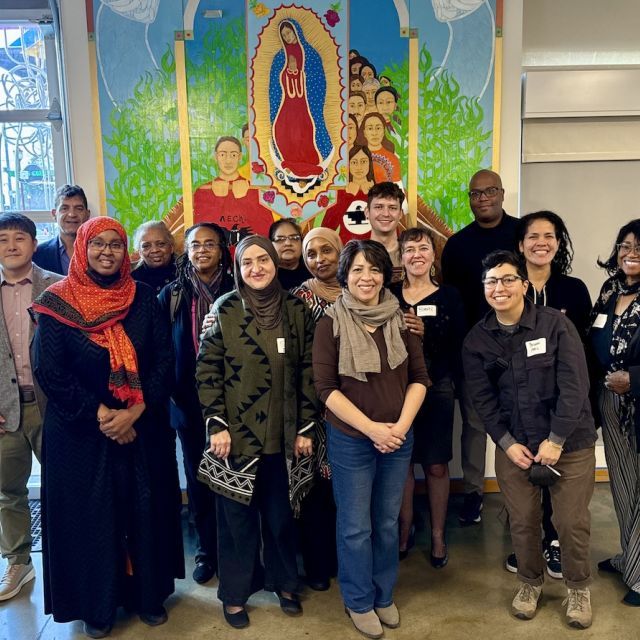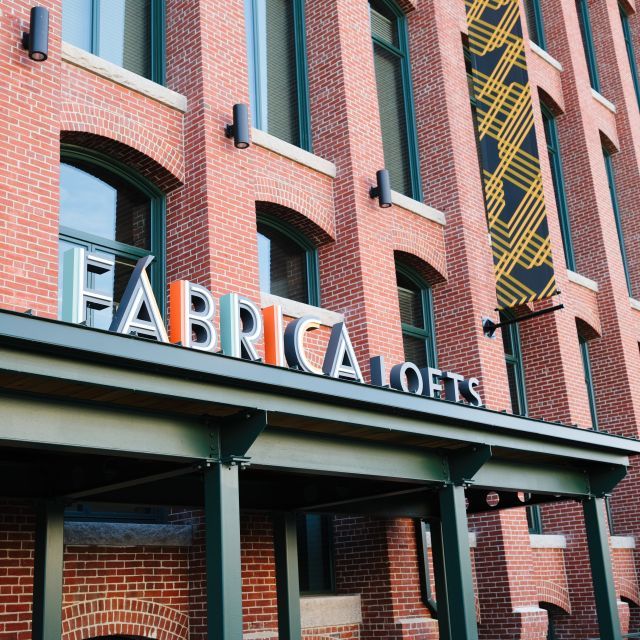A Wisconsin-based nonprofit uses energy efficiency measures to help decrease operating costs, provide residents with lower energy bills, promote sustainability, and preserve affordable housing in a five-county region in the state.
Southwestern Wisconsin Community Action Program (SWCAP) is utilizing Section 4 grant funding for staff time and consulting to help advance their Brodhead Senior Village Preservation and Solar Energy project in Green County, Wisconsin. This solar installation project aims to preserve 24 units of affordable rural senior housing by enhancing the property's energy efficiency and installing a rooftop solar array to reduce electricity expenses for residents and the building.
The apartment building has recently reached its 15-year Low-Income Housing Tax Credit (LIHTC) affordability period, and having access to energy credit funding is one unique way SWCAP can help preserve the development's affordability in the long term.
As part of the solar installation project, SWCAP applied for a Low-Income Communities ITC Bonus allocation and successfully allocated that bonus. This solar installation project will result in significant energy savings for both SWCAP and the rural low-income senior housing residents who live in Brodhead Senior Village.
“The grant allowed us to support the cost of our staff and a consultant needed to execute the Brodhead Senior Village solar and weatherization project fully," said SWCAP Executive Director Brett White. “Without this grant, we would have had no way to support the post-closing costs, and it would not have been easy to execute the project's construction phase, even once the project's capital funding had been obtained.”
In addition to the new solar program, there are plans to implement a Community Health case management program tailored for residents. This will include monthly on-site clinics and personalized one-on-one appointments. Services will include arranging transportation for medical appointments, assisting with prescription refills, providing access to vaccinations and nutritious food options, and linking residents with various health-related supportive services and programs.
Our Green Communities initiative lifts green building strategies designed to reduce emissions and slow the speed of climate change. SWCAP is an example of how other housing practitioners are helping to create healthy, efficient, and environmentally responsible homes. This is also an example of how Section 4 funding can help build capacity for organizations.


